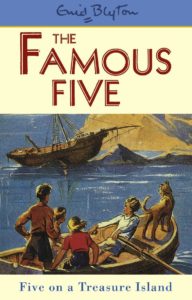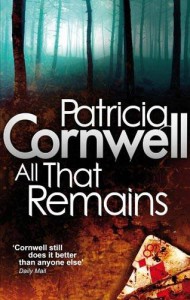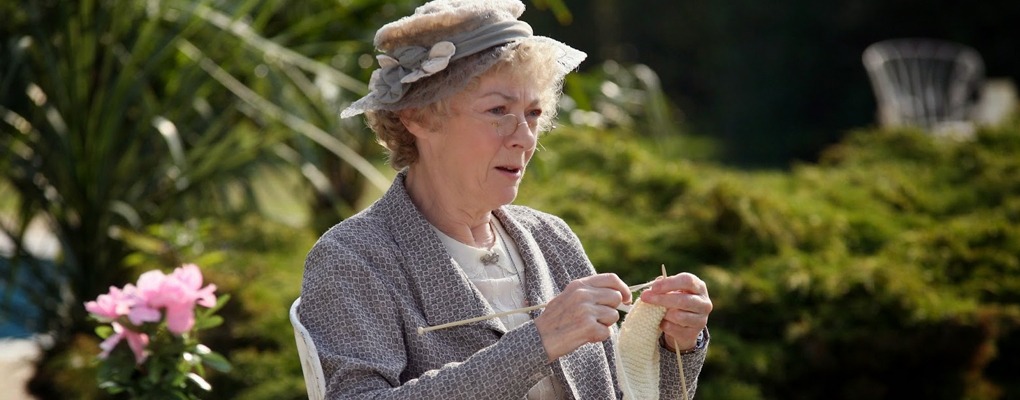Lists
Alice Clark-Platt’s Favourite Female Detectives
Being asked to write about your favourite female detectives is, for me, like having to choose which Quality Street I most prefer.
Crime is the genre I fall into most eagerly: the one that occupies me on long haul flights (please turn off all electronic devices during take-off and landing – yes please and thank god for paperbacks); my companion during sick days and sad days; I even started a Patricia Cornwell book in the first few hours of labour with my eldest daughter – I’m that keen.
Thus it was that crime was what I wanted to write, and the fun of creating DI Erica Martin was about crafting one of those detectives that you feel you really know. They might be enigmatic – too bright to ever really be that much of a laugh down the local – but you have to sense that, if the chips were down, this is who you’d want on your team; this is the person who will help you in your darkest moments.
 She had to be tough, I thought. Like everyone, I had read and watched with utter admiration and glee at Lynda La Plante’s Jane Tennison, striding into incident rooms, ripping into whichever wet-behind-the-ears copper dared to cheek her. In that fearlessness, Tennison seemed to be the direct descendant of my first ever detective heroine – George from Enid Blyton’s Famous Five.
She had to be tough, I thought. Like everyone, I had read and watched with utter admiration and glee at Lynda La Plante’s Jane Tennison, striding into incident rooms, ripping into whichever wet-behind-the-ears copper dared to cheek her. In that fearlessness, Tennison seemed to be the direct descendant of my first ever detective heroine – George from Enid Blyton’s Famous Five.
George couldn’t have cared less about rules for the girls, skirt lengths or what Julian and Dick thought about her. She clambered up cliffs and ran across sands with the wind in her hair, Timmy by her side, searching out justice with the sharp-nosed precision of a bloodhound. Whilst Anne held back behind her brothers, George was at the front, tearing ahead with no regard for the consequences – only that she must discover who had committed the crime. She seemed gutsier than the prettier Nancy Drew – more normal. That’s part of the appeal of a brilliant detective: they are brilliant, but you always need to feel as if you are, whilst admiring them, also equal to them on the adventure; that something about them represents something of yourself.
 That was certainly the case with Kay Scarpetta, Patricia Cornwell’s female pathologist. I dreamed of being invited round to her house for some of her homemade pasta and a goblet of red wine. She seemed just the kind of woman I’d like to hang out with – clever; brave, and with an aptitude for Italian cooking. Yet Scarpetta is fallible, even as she gets herself out of the most perilous situations. Her relationships with Marino and Wesley often hang on a knife edge and her vulnerabilities were deftly skinned open wide by Cornwell as the series grew and Scarpetta was put more and more in the way of the psychos she was dealing with.
That was certainly the case with Kay Scarpetta, Patricia Cornwell’s female pathologist. I dreamed of being invited round to her house for some of her homemade pasta and a goblet of red wine. She seemed just the kind of woman I’d like to hang out with – clever; brave, and with an aptitude for Italian cooking. Yet Scarpetta is fallible, even as she gets herself out of the most perilous situations. Her relationships with Marino and Wesley often hang on a knife edge and her vulnerabilities were deftly skinned open wide by Cornwell as the series grew and Scarpetta was put more and more in the way of the psychos she was dealing with.
Erica Martin is the sum of all of these parts: gutsy and fearless; fiercely intelligent yet desperately insecure – particularly in a new job and a new city. If she could spend all of her time working, she would – everything else gets in the way. Yet she can’t help but watch through the looking glass and (wrongly) imagine, that everyone else has it better. Or easier.
When Erica popped into my head, she took on the indomitable nature of a woman working in what PD James so cleverly called an unsuitable job. In this day and age, that seems more realistic than the cosy idea of a Miss Marple. But it was Marple in St Mary Mead that got me hooked on crime initially. Agatha Christie knew she was a weapon of destruction, cleverly disguised by skeins of pink fluffy wool and recipes for jam.
more realistic than the cosy idea of a Miss Marple. But it was Marple in St Mary Mead that got me hooked on crime initially. Agatha Christie knew she was a weapon of destruction, cleverly disguised by skeins of pink fluffy wool and recipes for jam.
Marple is the beginning of the legacy which runs down through George and Nancy, weaves its threads through Cagney and Lacey, into Jane Tennison and now into Lisbeth Salander and Sarah Lund. These are all women who know who they are; who stand tall and put themselves forward to be counted. Their voices are heard and they fight for those who no longer have that option. These characters demonstrate that detective work can actually be a very suitable job for a woman.
I hope Erica Martin earns her place to stand and be counted amongst them.
Alice Clark-Platts is a former human rights lawyer who has worked at the UN International Criminal Tribunal in connection with the Rwandan genocide, and on cases involving Winnie Mandela and the rapper Snoop Dogg.
Bitter Fruits, the first novel in a series featuring DI Erica Martin, publishes on 2nd July. Find out more about the book here and listen to an audio extract here.


Please note: Moderation is enabled and may delay your comment being posted. There is no need to resubmit your comment. By posting a comment you are agreeing to the website Terms of Use.